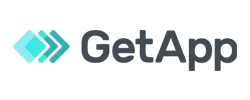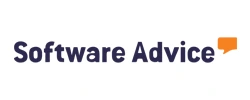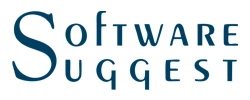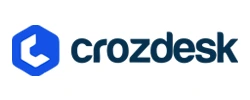The Evolution of Learning Management Systems
The world of learning and development is undergoing rapid transformation, driven by advancements in technology and shifting educational needs. Learning Management Systems (LMS) have become an essential tool for educators and businesses providing a centralized platform for delivering, tracking, and managing learning experiences.
As we step into 2025, understanding the evolution of the LMS and the emerging trends is crucial for staying competitive and fostering meaningful learning experiences. In this blog, let's explore the evolution of the Learning Management System and how it shaped the history of LMS.
The Evolution of Learning Management Systems
Learning Management System software have transformed the phases of education and training in public and private sector and how they are delivered. LMS solutions guides educators and businesses to create engaging and effective learning environments. Understanding this evolution of the LMS is crucial for staying competitive and delivering value to learners.
Learning and Its Digital Evolution
The shift from traditional classroom learning to digital platforms has been driven by advancements in technology. Digital learning allows for more flexibility, personalization, and scalability. Educators can now offer customized learning experiences, while businesses can train their workforce efficiently.
The below pictorial representation gives you a glimpse on the LMS evolution through out these years;
Demand for LMS Across Education and Enterprises
The need for LMS solutions has high demand in both educational institutions and enterprises. Adopting LMS, schools and universities offer remote and hybrid learning experiences. Meanwhile, enterprises use LMS to deliver compliance training, professional development, and skill-building courses.
Current Trends and Preparing for Future Prospects
Adaptive Learning
Adaptive learning tailors learning content to individual learners based on their progress and understanding. This approach ensures that learners receive the right level of challenge and support, making the learning process more efficient and engaging.
Mobile Learning
With the rise of smartphones, mobile learning has become essential. Learners can access courses anytime, anywhere, making it easier to integrate learning into their daily routines. This influences rise of LMS platforms to prioritize mobile compatibility to meet this growing demand.
Microlearning
Microlearning breaks down complex topics into bite-sized modules that are easier to understand and retain. This trend is particularly popular in corporate training, where time constraints make shorter learning sessions more practical.
MOOC Recognition
Massive Open Online Courses (MOOCs) are gaining recognition as valid forms of learning. LMS platforms are integrating with MOOC providers to offer learners a broader range of courses and certifications.
Virtual Reality Classroom
Virtual Reality (VR) is transforming the learning experience by creating immersive environments. VR classrooms allow learners to practice real-world scenarios in a safe and controlled setting, enhancing understanding and retention.
Gamification
Gamification incorporates game elements such as points, badges, and leaderboards into learning. This approach increases learner engagement and motivation, making learning more enjoyable and interactive.
AI and Automation in LMS
Artificial Intelligence (AI) and automation are revolutionizing LMS by streamlining administrative tasks, personalizing learning experiences, and providing actionable insights. AI-driven analytics help educators and trainers make data-informed decisions.
Also read: Powerful eLearning Authoring Tools Software for Shaping Training and Education
Powerful eLearning Authoring Tools Software for Shaping Training and Education
In today's fast-paced digital landscape, e-Learning authoring tools are at the core of shaping effective training and educational programs.
ekhool.com
Reasons Why Companies Must Use e-khool LMS
e-khool LMS stands out as a versatile and powerful solution for educators and businesses from public and private sectors. Here are some key reasons why organizations should consider adopting it:
- Scalability: e-khool, cloud-based LMS, ensuring it can scale to meet the growing needs of educational and corporate clients.
- Comprehensive Reporting: The platform offers advanced analytics, including course progress, learner performance, and assessment insights.
- Customization: With options for personalized features, e-khool LMS can be tailored to meet specific requirements.
- Ease of Integration: The platform supports seamless integration with third-party services, including payment gateways.
Frequently Asked Questions
Final note
The Learning Management Systems evolution continues to shape the future of education and corporate training. e-khool LMS stands at the forefront of this transformation, offering innovative features and scalable solutions for educators and businesses alike. By embracing the latest trends and technologies, organizations can create impactful learning experiences and stay ahead in a competitive landscape.
Personalized Learning Paths for Every Team Member
Contact Support









